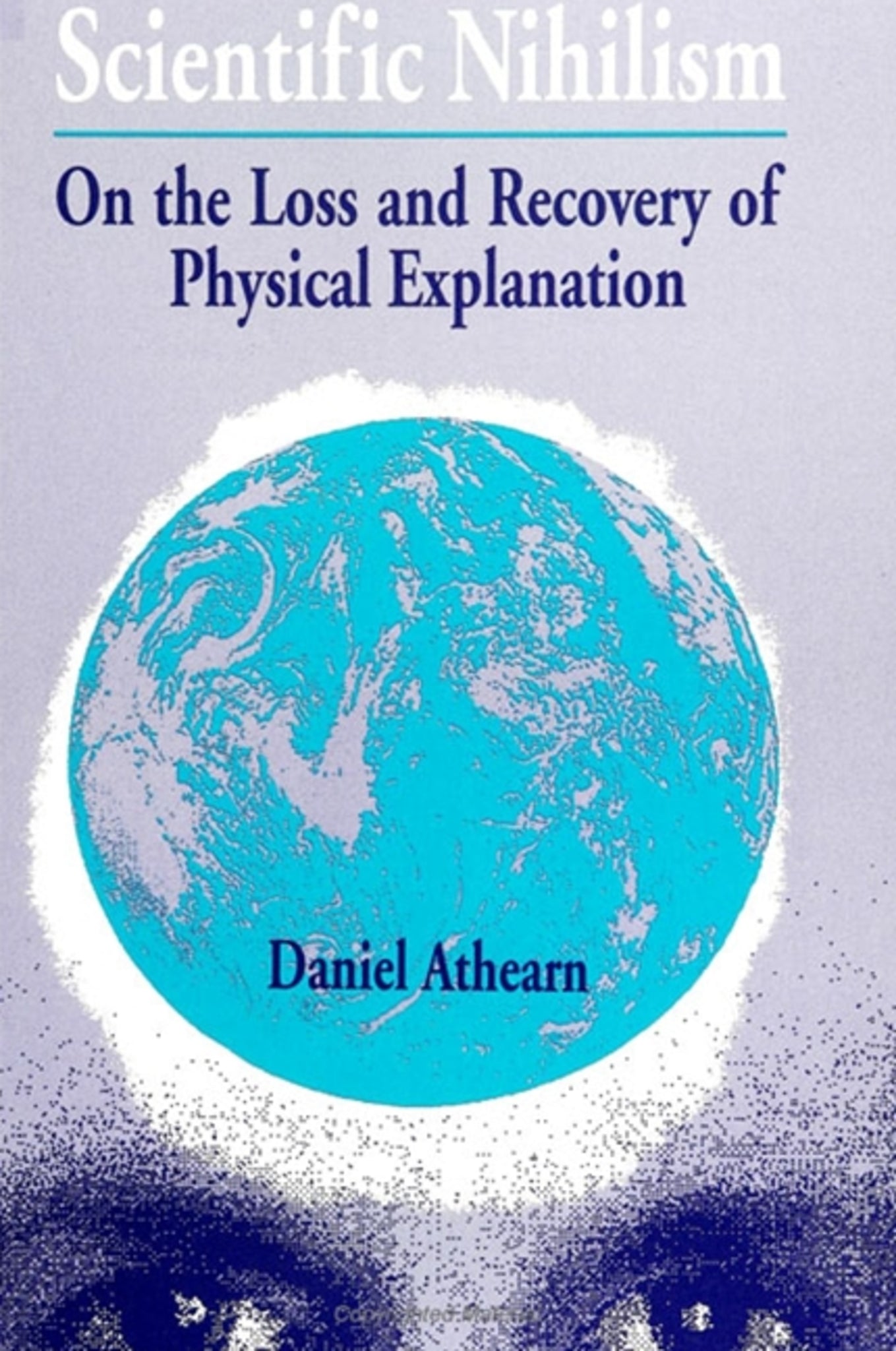We're sorry. An error has occurred
Please cancel or retry.
Scientific Nihilism

Some error occured while loading the Quick View. Please close the Quick View and try reloading the page.
Couldn't load pickup availability
- Format:
-
15 March 1994

Scientific nihilism is the widespread and ascendant view that the prospects for genuine understanding in scientific knowledge are distinctly negative. This view is especially characteristic of philosophy of science, and is reflected in a number of professional and popular doctrines. In the background is the growing perception that physical science is presently encountering the inherent limits of scientific understanding.
This book shows that the breakoff of narrative causal explanation in physics, although remarkable, is no basis for the negative view of scientific knowledge. It demonstrates that radiation and field phenomena, which include a wide array of enigmatic facts, are amenable to explanation even in their most puzzling details.Athearn responds fully to the assumption that narrative causal explanation in physics has suffered a permanent demise. Rejecting the dogma of a clean bifurcation of philosophy and natural science, he proposes a constructive rehabilitation of natural philosophy.


"This book is stimulating and enjoyable to read because it is strikingly original and builds a unified thesis on the importance of providing narrative causal accounts in the full explanation of physical systems. The topic is of fundamental significance to physical science, philosophy of science, and to human understanding generally. It has become clear that more abstractions in the form of simulations, models, or physical laws do not, by themselves, constitute full understanding."—Tim Eastman, University of Maryland
Acknowledgments
PART ONE Current Outlooks in the Shadow of the Technicalization of Physics
Introduction
1 The Causalist Quest in Physical Science
Early Philosophical Turbulence
Advanced Causalist Physics
The New Era of Physics and the Reign of the Cult of Surfaces
2 "Law Explanation"
Foundations of Logico-Empiricism
Instrumentalism and Antirealism: Breaking the Link
The "Covering Law" Model
Why Theory of Explanation?
3 Philosophy and the Structure of Causation
The Positivist Conception of Science
Schlick's Humean Arguments
Positivists on Indeterminism
Hobart's Defense of Hume
Is "Productionism" Anthropomorphism?
Conclusions
4 Causal Realist Projects, I
Composition of Causes
Ontology of Latent Properties
The Success of Critical Realism
Causality and Forces
Conclusions
5 Causal Realist Projects, II
The Theory of Transmission
Explanation as a Theme: A Mark of Basic Acausalism
"Probabilistic" Process
Conclusion
PART TWO Physical Ontology
Introduction
6 Radiation and Causality
Enigmatic Physical Activity
Empty Space Events?
Causal Contour
The Transition in Interaction
Conclusion
7 Time, Space, and Genetic Structure
Whitehead on Time and "Process"
A Sense-Making Application
The Ontological Shift
Conclusions and Ramifications
8 Interatomic Reality
Realism and Quantum Interpretation
Richness of the Concept of Causality
Quantum Mysteries
Propagation and Spatial Representation
Explanation and Causal Composition
Summary and Transition
9 Absolute Causal Reference
History of the Problem
Whitehead's Solution
Flat Transition and Structured Transition
Conclusion
10 Velocity C and Emergent Extension
Relativity: Theories, Models, Explanations
The Nature of the Problem
Furnishing the Physical Context
Whitehead's Theory
Conclusions
Notes
Index



